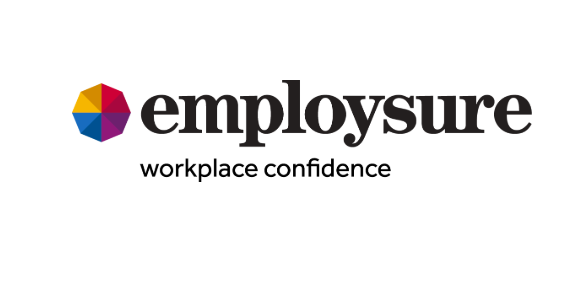ACCC appeals Federal Court decision on Emoploysure Google Ads
The Australian Competition and Consumer Commission has appealed a decision made by the Federal Court to dismiss a case against Employsure over misleading Google Ads.
The consumer and competition watchdog initially began proceedings against the employment relations saleshouse to court in 2018 over allegations the company ran misleading Google Ads campaigns between January 2016 and November 2018.


